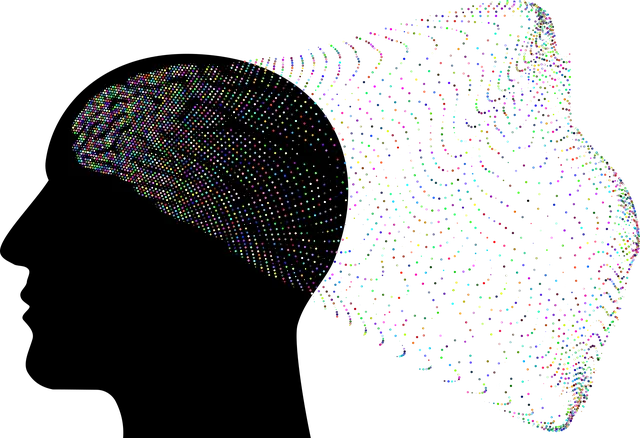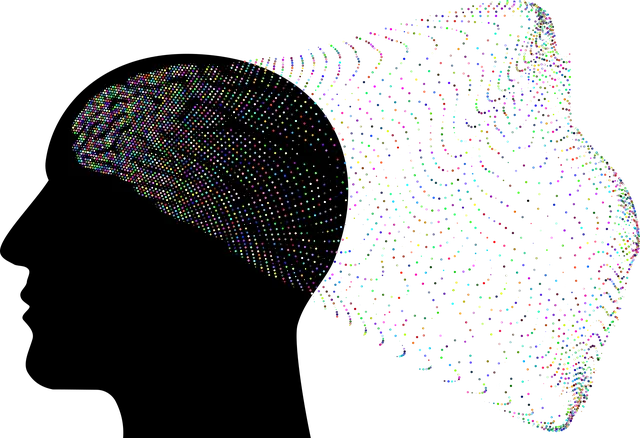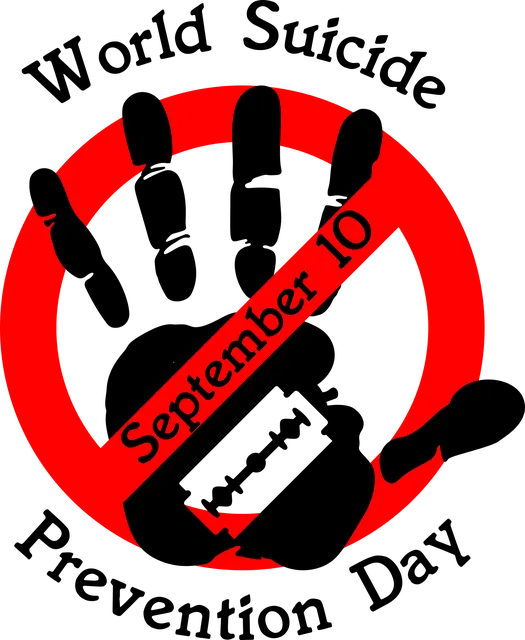Anxiety disorders significantly impact daily life, with common types including GAD, panic disorder, social anxiety, and phobias. The Kaiser Permanente mental health center in Boulder emphasizes early intervention using cognitive-behavioral therapy (CBT) and self-care routines, as highlighted in Kaiser Permanente mental health center reviews Boulder. CBT helps identify and change negative thought patterns, improving emotional well-being. Mindfulness techniques calm the nervous system, while lifestyle changes like diet, exercise, and sleep positively impact brain chemistry. The center offers comprehensive solutions, including medications and cultural competency training for tailored support.
Anxiety can significantly impact daily life, but managing it effectively is achievable. This guide from the Kaiser Permanente Mental Health Center in Boulder explores various techniques to combat anxiety disorders. We delve into understanding common types and symptoms, highlighting the benefits of Cognitive Behavioral Therapy (CBT) for lasting relief. Additionally, discover mindfulness practices to calm your nervous system and lifestyle adjustments focused on diet, exercise, and sleep. For persistent concerns, we discuss medication options and alternatives, empowering you with tools to take control of your mental well-being.
- Understanding Anxiety Disorders: Common Types and Symptoms
- Cognitive Behavioral Therapy: A Proven Approach for Anxiety Relief
- Mindfulness Techniques to Calm Your Nervous System
- Lifestyle Changes: Diet, Exercise, Sleep for Anxiety Management
- Medication Options and Alternatives for Long-Term Control
Understanding Anxiety Disorders: Common Types and Symptoms
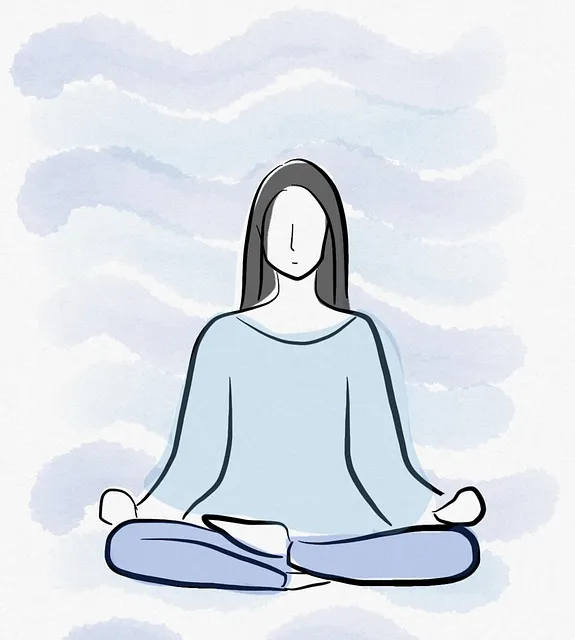
Anxiety disorders are a group of mental health conditions characterized by persistent feelings of fear, anxiety, and worry that interfere with daily life. According to the Kaiser Permanente mental health center reviews Boulder, common types include Generalized Anxiety Disorder (GAD), Panic Disorder, Social Anxiety Disorder, and Phobias. Symptoms can range from excessive worrying, restlessness, irritability, difficulty concentrating, muscle tension, and insomnia to more severe panic attacks and intense fears that limit one’s activities.
The Kaiser Permanente mental health center in Boulder highlights the importance of early intervention and treatment for managing anxiety disorders effectively. Mood Management techniques, such as cognitive-behavioral therapy (CBT), are widely recognized as successful approaches. Additionally, the Community Outreach Program Implementation plays a crucial role in raising awareness and providing support networks for individuals struggling with anxiety. Encouraging Self-Care Routine Development for Better Mental Health is another essential strategy to help manage symptoms, promote resilience, and improve overall well-being.
Cognitive Behavioral Therapy: A Proven Approach for Anxiety Relief

Cognitive Behavioral Therapy (CBT) is a well-regarded and proven approach to managing anxiety, backed by numerous studies and positive Kaiser Permanente mental health center reviews Boulder residents have shared. This form of therapy focuses on identifying and changing negative thought patterns and behaviors that contribute to feelings of anxiety and stress. By challenging these thoughts and replacing them with more realistic and positive ones, CBT empowers individuals to gain a sense of control over their emotions and reduce their anxiety symptoms.
The effectiveness of CBT lies not only in its structured approach but also in its ability to enhance mental wellness by fostering emotional intelligence and cultural sensitivity in mental healthcare practice. Therapists skilled in CBT techniques help clients understand the connection between thoughts, feelings, and behaviors, enabling them to develop coping strategies that are tailored to their unique needs. This personalized approach ensures that individuals not only find relief from anxiety but also build long-lasting skills for maintaining a healthy emotional state.
Mindfulness Techniques to Calm Your Nervous System
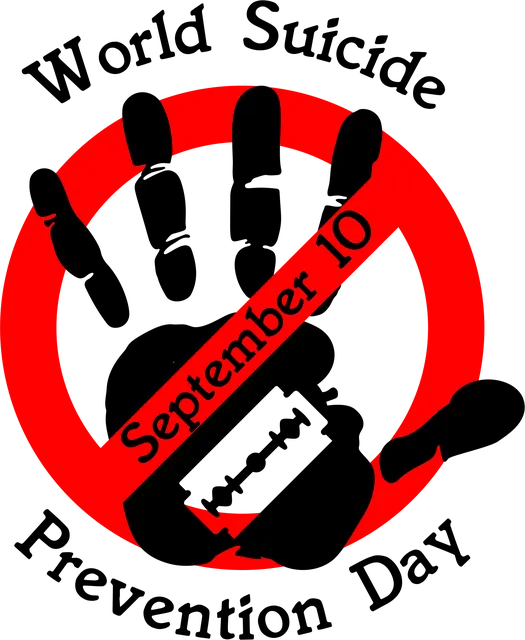
Anxiety management starts with understanding and calming your nervous system. Mindfulness techniques, offered by experts at Kaiser Permanente mental health center reviews Boulder, are powerful tools for this purpose. They help you stay present, focusing on your breath and bodily sensations rather than letting worries consume your mind. By cultivating mindfulness, you can interrupt the cycle of anxious thoughts and reduce the physiological symptoms of stress, such as a racing heart or tense muscles.
Regular practice of self-care practices like mindfulness meditation, yoga, or deep breathing exercises can significantly improve stress management. These activities help reset your nervous system, fostering a sense of calm and resilience that carries over into challenging situations. Incorporating these techniques into your daily routine, even for just a few minutes each day, can make a noticeable difference in managing anxiety levels and enhancing overall well-being—a crucial aspect often overlooked in comprehensive risk management planning for mental health professionals.
Lifestyle Changes: Diet, Exercise, Sleep for Anxiety Management

Anxiety management often extends beyond therapy and medication. Lifestyle changes, as recommended by experts at the Kaiser Permanente mental health center in Boulder, play a significant role in mitigating anxiety levels. A balanced diet, rich in nutrients, can positively impact brain chemistry, making it easier to regulate emotions. Regular physical activity, as part of a productive exercise routine, not only boosts endorphin release but also reduces stress hormones, leading to better mental wellness.
Quality sleep is another critical component. Adequate rest allows the body and mind to recharge, enhancing resilience against anxiety triggers. Incorporating these lifestyle practices into your daily routine, supported by resources like the Mental Wellness Podcast Series Production or tools for Risk Management Planning and Assessment for Mental Health Professionals, can contribute to a holistic approach to managing anxiety and improving overall mental health.
Medication Options and Alternatives for Long-Term Control

For those seeking long-term control over anxiety, medication can be a valuable tool. The Kaiser Permanente mental health center in Boulder offers a range of options, from selective serotonin reuptake inhibitors (SSRIs) to benzodiazepines, tailored to individual needs based on severity and specific anxiety types. Medication management is often combined with other evidence-based practices for optimal results.
Beyond medication, the Kaiser Permanente Boulder team emphasizes coping skills development and empathy building strategies through therapy. These alternatives empower individuals to manage anxiety independently over time. Additionally, healthcare provider cultural competency training ensures that patients from diverse backgrounds receive tailored support, addressing unique challenges and promoting effective long-term anxiety control.
Anxiety management is a holistic journey tailored to individual needs. By understanding your specific anxiety disorder, exploring evidence-based treatments like Cognitive Behavioral Therapy (CBT) or incorporating mindfulness practices, you can significantly reduce symptoms. Lifestyle adjustments, including diet, exercise, and sleep habits, play a crucial role in managing anxiety long-term. For persistent challenges, consult the expert mental health professionals at Kaiser Permanente Boulder, renowned for their comprehensive approach to mental well-being. Remember, with the right tools and support, managing anxiety is achievable, allowing you to live a fuller, less anxious life.
